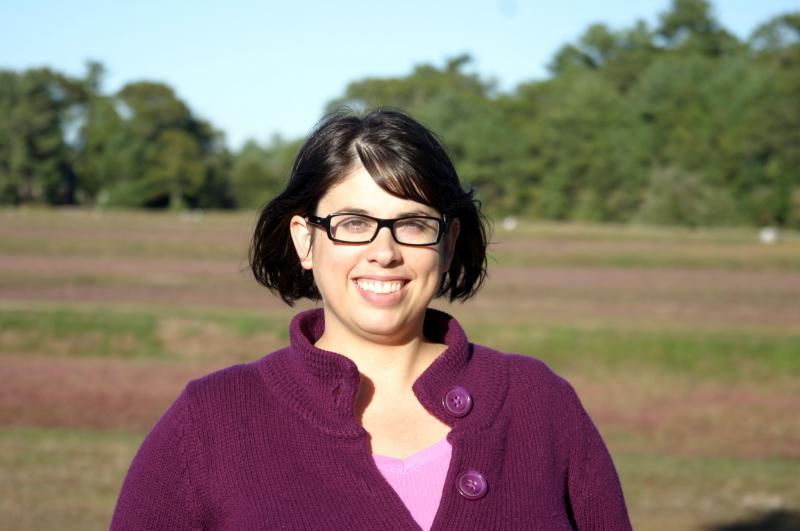Agricultural partnership makes pitch to the public
The Southeastern Massachusetts Agricultural Partnership (SEMAP) has been working with the region's farmers since 1998. Now it's expanding to work with the public as well.
"Farmers need to understand the public, and the public needs to understand farmers," said
Bridget Alexander Ferreira, the organization's new director. "That's how both groups benefit best."
So, SEMAP decided to rewrite its mission statement with a new focus on forging a connection between the groups by "preserving and expanding access to local food and sustainable farming in Southeastern Massachusetts through research and education."
Alexander Ferreira said that by including the public in their mission, they can dispel a myth that the successful family farm is not extinct in Southeast Massachusetts.
"There is a very strong tradition of family farming in Plymouth County," Alexander Ferreira said, adding "and these are not gentleman farmers... we have 5th generation farms, and farms that produce everything: fruits, vegetables, meats, cheese, eggs, dairy."
In fact, Alexander Ferreira said that Plymouth and Bristol counties are both very strong in direct sales of produce from farmers to businesses, the Attleboro Farmer's Market has been recognized as one of the most vibrant markets in the nation, and "if anything, we need more growers and growers who can grow more."
"We have people coming to us who want to be farmers," she said, mentioning that Tufts University has started an "Entering Farming" program and Bridgewater State College is soliciting advice on how to turn vacant land into production. Two new farmers that the organization worked with have also completely sold out shares to their community-supported agriculture club, which provides "shares" of produce to customers each week.
"I don't think there's a demand issue," said Alexander Ferreira.
Nor does she believe that a local food movement is a trend.
"For more and more people, it's reaching the top of their priority list as people plug in and wake up to know how food impacts everything - their health, their landscape, etc," Alexander Ferreira said. "I don't think it's a trend, it's a shift in consciousness, it's a new standard."
















